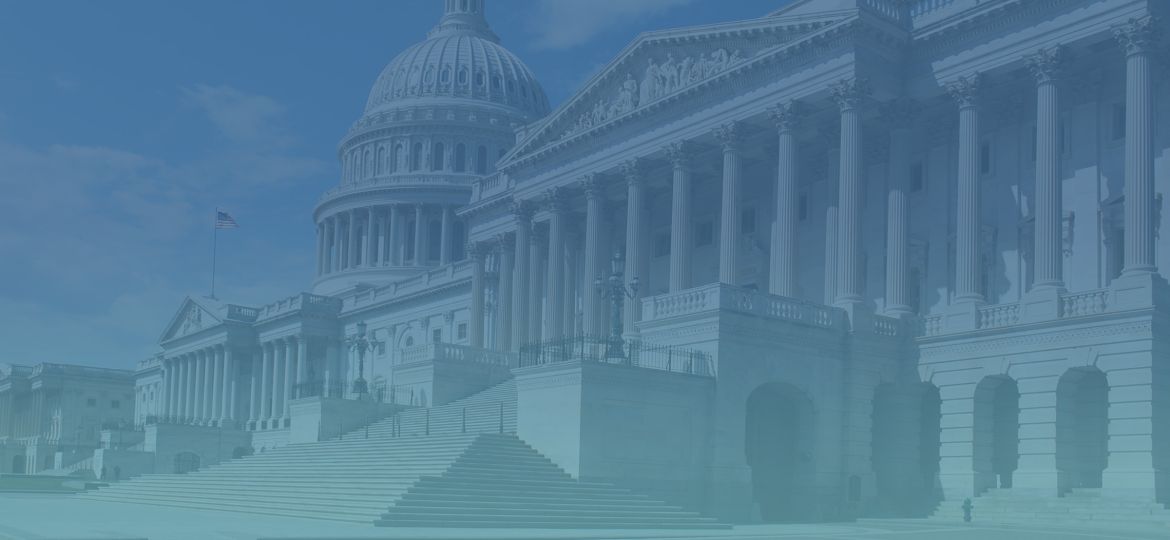

Valerie Secker
Valerie Secker serves as a Managing Director of Grants and Federal Affairs in the non-profit and public agencies practice. Working closely with her clients, she connects them with federal and foundation funding opportunities that match their organizational goals and mission.
A massive bill just passed the House, and it could have serious consequences for the people and communities you serve.
H.R. 1, nicknamed the “One Big Beautiful Bill,” is more than just a catchy title. It’s a sweeping piece of legislation that could reshape everything from federal healthcare programs to charitable tax laws. While it passed the House of Representatives by a single vote on May 22, 2025, it’s not law yet. The Senate is now reviewing it, and this is your moment to get your voice heard.
If passed, this bill would make major tax cuts permanent, slash funding for programs like Medicaid and SNAP, and change how private foundations, universities, and even corporate giving are taxed. These shifts could drive up demand for nonprofit services, just as resources are being stripped away.
Let’s break down what is at stake.
Key Changes That Affect Nonprofits Organizations
Cuts to Medicaid
Medicaid provides health coverage to more than 85 million low-income individuals and families, including nearly half of all births in the U.S. H.R. 1 proposes:
- New work requirements for able-bodied adults
- A reduction in federal support for states that cover undocumented residents
- Shorter retroactive coverage periods
- More frequent eligibility checks
- Limits on how states fund their share of Medicaid
- A ban on funding for Planned Parenthood and gender-affirming care
These changes could result in millions of people losing healthcare, especially in states already stretched thin. That means more people turning to nonprofits for help with health access, transportation, and care navigation.
Cuts to SNAP (Food Assistance)
SNAP helps low-income families put food on the table. H.R. 1 would:
- Add work or community service requirements
- Shift costs to states, many of which can’t pick up the slack
- Lead to benefit reductions or disenrollments
For nonprofits, this likely means more clients in crisis and rising demand for food assistance and wraparound services.
Changes to Tax Law That Could Impact Giving
H.R. 1 includes several tax provisions that could increase operating costs for nonprofits and reduce charitable giving:
- Higher excise taxes for large foundations and private universities
- An expanded “excess compensation tax” on any nonprofit employee earning over $1M (not just top executives)
- A 1% minimum requirement for corporate giving, which could make giving less attractive to some companies
- Royalties from nonprofit names/logos would now be taxed as business income
- Changes to standard deductions rules could impact individual giving
What Happens Next and How You Can Take Action
H.R. 1 is now in the hands of the Senate, where it’s being reviewed and likely revised. Several Senators, including some Republicans, have expressed concern about the Medicaid cuts. If the Senate changes the bill, it will go back to the House for another vote.
Congressional leaders are aiming to pass it by July 4, but that depends on how negotiations play out.
What You Can Do Right Now:
1 – Call your Senators. No matter their party, they need to hear how this bill will affect your work and your community. You can find their contact information here.
2 – Join coordinated advocacy efforts:
- National Council of Nonprofits is circulating a letter to Congress.
- Families USA’s Defending Medicaid campaign offers tools to fight Medicaid cuts.
- No Kid Hungry advocacy materials and ways to oppose SNAP reductions.
3 – Stay informed. McAllister & Quinn’s Strategic Intelligence team is tracking this bill closely. If you’d like to understand how it could impact your organization—or how to respond strategically—schedule a free 30-minute consultation.
Now is the time for nonprofits to speak up. Your voice can shape the future of this legislation and protect the communities that count on you every day.
Learn about McAllister & Quinn’s other grant services for nonprofit organizations.

